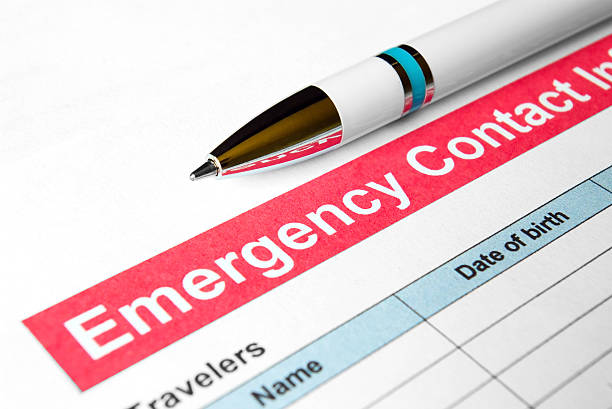Traveling to new destinations is an exciting adventure, but it’s important to be prepared for unexpected situations. One of the most crucial aspects of travel safety is knowing your emergency contacts. Having local emergency numbers and the address of your country’s embassy saved can make a significant difference in ensuring your peace of mind while abroad. Here’s why it’s essential and how to prepare effectively.
1. Local Emergency Numbers
Every country has its own set of emergency numbers for police, fire, and medical services. Knowing these numbers can be vital in a crisis.
Research Before You Go
Before you embark on your journey, take the time to research the local emergency numbers for the country you’re visiting. Common emergency numbers include:
- Police: Often 112 or 911, but it varies by country.
- Medical Services: Usually a separate number, such as 119 in some regions.
- Fire Department: This may also differ, so check ahead.
Save Them in Your Phone
Once you have the emergency numbers, save them in your phone or write them down in a travel journal. You may not always have internet access, so having them easily accessible can be lifesaving.
2. Embassy Contact Information
Your country’s embassy can provide crucial assistance in emergencies, whether it’s losing your passport or facing legal issues.
Find Your Embassy’s Details
Before you travel, locate the address and contact number of your embassy or consulate in the destination country. Most embassies have websites with this information readily available.
Know What They Can Help With
Embassies can assist with a variety of issues, including:
- Lost or stolen passports
- Emergency travel documents
- Legal aid and advice
3. Create an Emergency Plan
Having an emergency plan in place can ease anxiety and help you react swiftly if a situation arises.
List Important Contacts
In addition to local emergency numbers and embassy details, compile a list of other important contacts, such as friends or family back home. Include their phone numbers and email addresses.
Share Your Itinerary
Let someone you trust know your travel itinerary and check-in schedule. This person can help coordinate if you need assistance.
4. Stay Informed
Being aware of your surroundings and the local environment can enhance your safety.
Research Local Safety Tips
Look into any specific safety concerns related to your destination. Websites, travel forums, and local news can provide insights into areas to avoid or precautions to take.
Stay Updated on Current Events
Keeping an eye on local news can alert you to any potential emergencies or changes in the safety landscape while you travel.
5. Trust Your Instincts
While preparation is key, never underestimate the power of your intuition.
Stay Aware
Always be aware of your surroundings and trust your instincts. If something feels off, don’t hesitate to seek help or leave the area.
Keep Calm in Emergencies
If you find yourself in an emergency situation, stay calm and follow your plan. Use the emergency numbers you’ve saved to seek assistance promptly.
___
Knowing your emergency contacts is an essential part of travel preparedness. By having local emergency numbers and your embassy’s information at your fingertips, you can navigate potential challenges with confidence. Take the time to prepare before your journey, and enjoy your travels with the peace of mind that comes from being well-informed and ready for anything. Safe travels!




